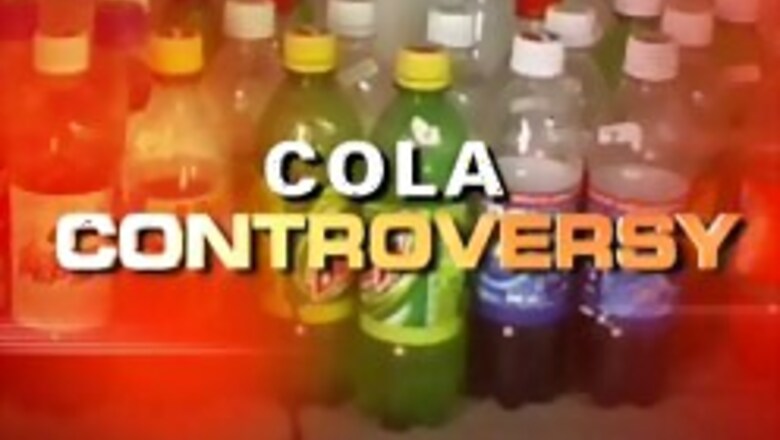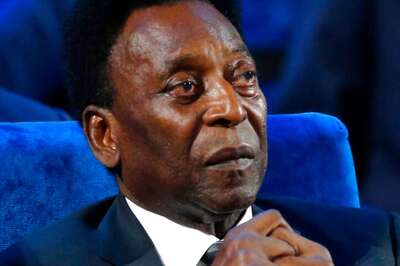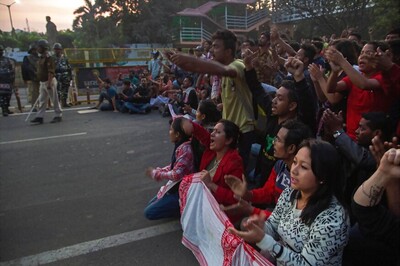
views
New York: As Coke and Pepsi defend allegations of high pesticide levels in soft drinks sold in India, industry experts are sceptical whether the companies' responses to the issue will prevent a sales drop in India for the second consecutive year.
In a report published earlier this month, environmental group The Centre for Science and Environment (CSE) said it found traces of pesticides far above permissible levels in the products of the two global beverage companies.
The report by the New Delhi-based group triggered a ban on the sale of beverages made by the two firms in several Indian states at or near state-run schools, colleges and hospitals.
"I don't think they realize how negative this type of problem is for their performance, and hopefully they would have learned from their past mistakes," said Argus Research analyst Erin Ashley Smith.
In 2003, CSE came out with a similar study, highlighting weak food safety laws in the country. "The thing that makes this issue really, really bad is that this isn't the first time it's come up," said Al Ries, head of marketing firm Ries & Ries.
"I think the companies are going to take a big hit in sales over the next couple of years."
In 2005, soft drink volumes in India dropped for the first time in a decade, according to Canadean, a UK-based beverage research company.
Soda sales in India plunged 16 per cent last year, while China volumes jumped 14 per cent, according to Beverage Digest, a trade magazine.
Per capita consumption in China was three times that of the Indian consumer in 2005. "(India) has ... a lot of promise because of its large population base and also an emerging middle class with disposable income," said Gary Hemphill, managing director of research group Beverage Marketing. "I think it has been a disappointment so far."
India comprises just about 2 per cent of volumes for both Coca-Cola Co. and PepsiCo Inc. and is a negligible part of operating profit, according to JP Morgan analyst John Faucher.
According to several industry sources, Indian sales of drinks made by Coke and Pepsi have fallen by about 10 per cent following bans imposed by some states over the report that they contain pesticides. Coke and Pepsi almost entirely control the 355-million case per year Indian market.
"Obviously, this is not helpful to sales," said PepsiCo spokesman Dick Detwiler. "Our products were absolutely safe three years ago when this issue was raised and our products are absolutely safe today."
Both Coke and Pepsi have published newspaper advertisements to say pesticide levels in their products are below permissible levels and less than those detected in other foods, such as tea, fruits and dairy products.
"(We've held) four press conferences, two ads and dozens of meetings with government officials and concerned parties. Also, we have organized plant tours and today 300 groups have taken the plant tours," said Coke's spokeswoman Kari Bjorhus.
On Tuesday, India's health minister said CSE had failed to prove its claims about the soft drinks. But CSE denied the statement and accused the minister of pandering to big multinationals at the expense of public health.
Having known of the problem for the last three years, Coke and Pepsi should have worked more aggressively with the Indian government to develop some sort of routine tests, according to crisis PR expert Jonathan Funke.
"The problems they are having is that of a credible authority -- whose tests do you really trust?" said Funke, a partner at CN Communications, which specializes in crisis public relations.
"It is a very emotional issue whenever you have something you put into your body." And Ries agreed, saying that "big companies deal with these issues with facts rather than with emotions ... If I were the chief executive I would get on a plane and go to India."
But their spokespeople said they were not aware of any trips to India planned by soft drink chief executives in the coming weeks.















Comments
0 comment